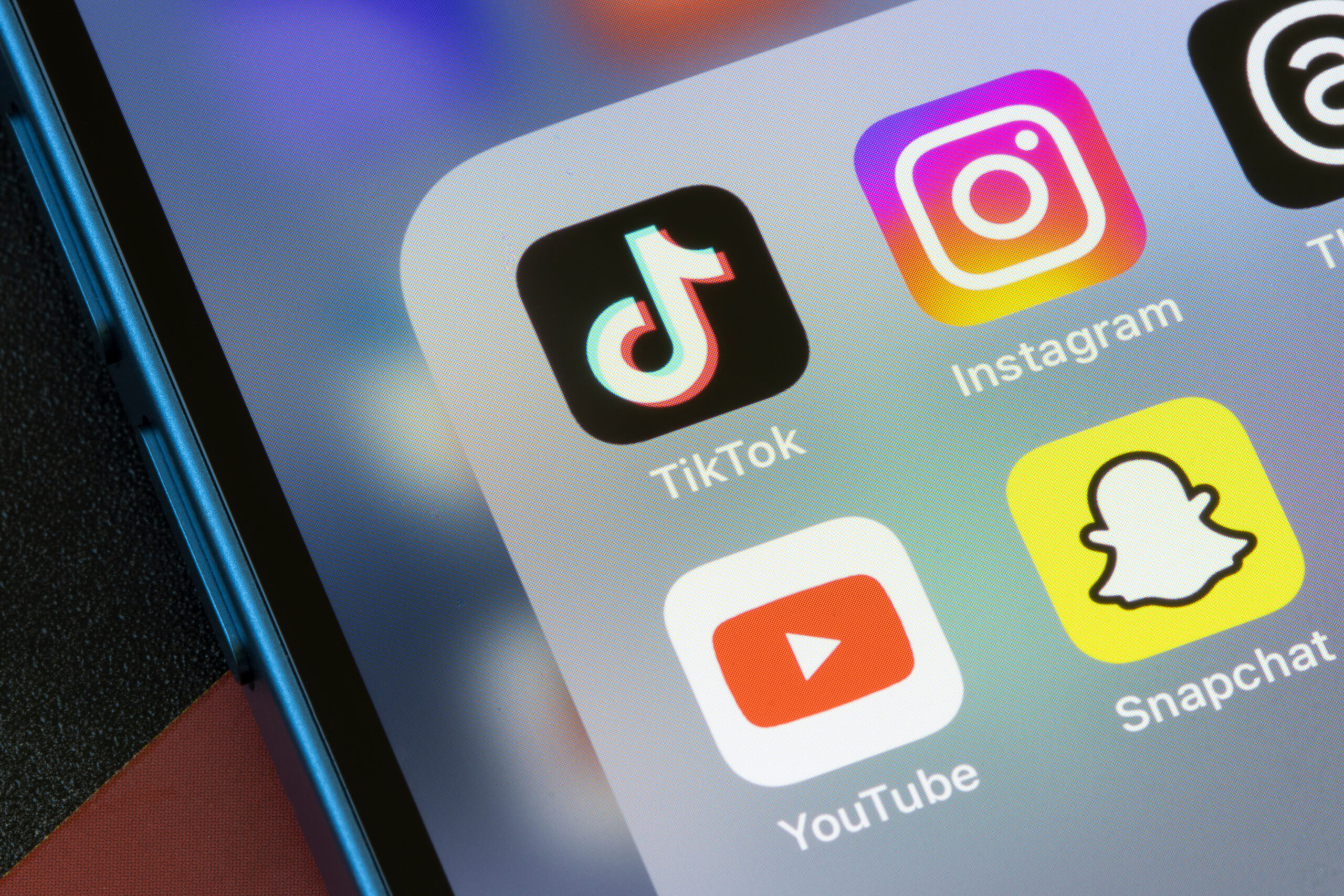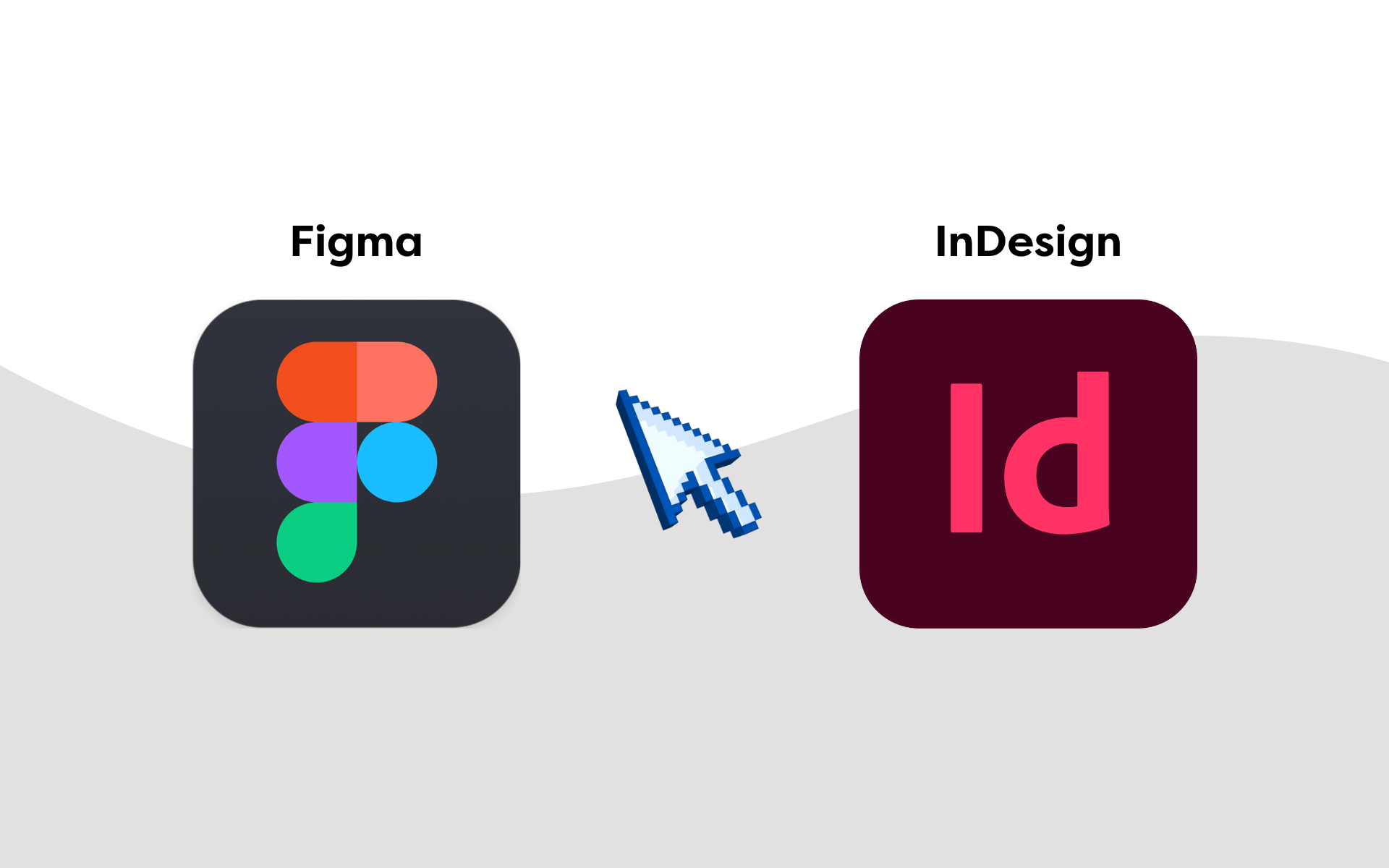Social media is a powerful tool, helping you to connect with your audience, grow your brand and encourage sales. However, you need to make sure you’re using the right platforms for the right audience to get results.
If your audience is Gen Z, then traditional social media platforms may no longer be the best place to engage with them. This is because Gen Z consumers are moving away from these platforms in favour of inward-facing community platforms.
Gen Z want a community focus
According to new research from Impero, 65% of Gen Z consumers feel more confident online when using community-focused apps, such as Twitch or Discord rather than feed apps like Instagram and Twitter. On top of this, 41% consider these platforms to be private spaces, allowing for greater privacy and control of their data.
As part of the latest report, 350 Gen Z consumers from Impero’s newly launched real-time Gen Z platform called ‘The Move’ to explore how they see the internet and the way in which the world is moving to a participatory economy from a creator economy.
Self-expression is key for Gen Z
The report found that individuality and self-expression are big priorities for Gen Z, with the focus being on progress rather than success. This is a generation that has grown up online, meaning that there has been more emphasis on creating their own identities, something that they aim to do when it comes to social media.
As a result, Gen Z is drawn to brands that celebrate self-expression and individuality, as well as empowerment and people’s differences. However, this doesn’t mean that this generation wants to be totally individual and separate online. This generation understands the impact of working as a collective, which means they crave communities that celebrate individuality.
Creating online communities
These consumers are looking for community and connection online, with 67% saying they are active members of a community and 82% wanting to be part of a community. In terms of reasons for joining, 70% of respondents saying they joined an online community for a feeling of belonging.
Some 66% also said that voice was an important part of choosing a community, while 61% highlighted privacy as being important. The right community has a positive result, with 70% saying that being part of one helps them to feel more like individuals.
This has driven the creation of micro-communities on social media, which help to mobilise support for issues and new causes, as well as support for individuals. Around 81% of respondents said that they tend to rely on their online communities to teach them about real-world issues, as well as what they can do to help.
However, 61% said they’d only feel comfortable calling out something they knew to be incorrect online if their peers did so. This suggests that incorrect information could easily circulate and gain ground within these online communities.
Brands need to create communities
But communities aren’t just for consumers. The report also reveals that Gen Z wants brands that are inclusive and allow people to join rather than just make purchases. The majority (83%) of respondents believe that brands should let their fans use their IP to create online content.
With just under half (43%) of respondents saying their online presence lacks the impact they want it to have, brands have the opportunity to create spaces where individual voices matter.
Brands need to consider how best to build communities and engage with existing ones. This means that they need to be more transparent about their online activity, make meaningful personal connections and be open to learning in order to get the best results. They also need to throw away traditional audience segmentation, with traditional targeting becoming less relevant.
On top of this, they need to give Gen Z the freedom to create and shape brands. The new expectation is to participate rather than just consume. Doing this will allow them to create content and attract Gen Z audiences who are not using social media in the same way as older generations.






